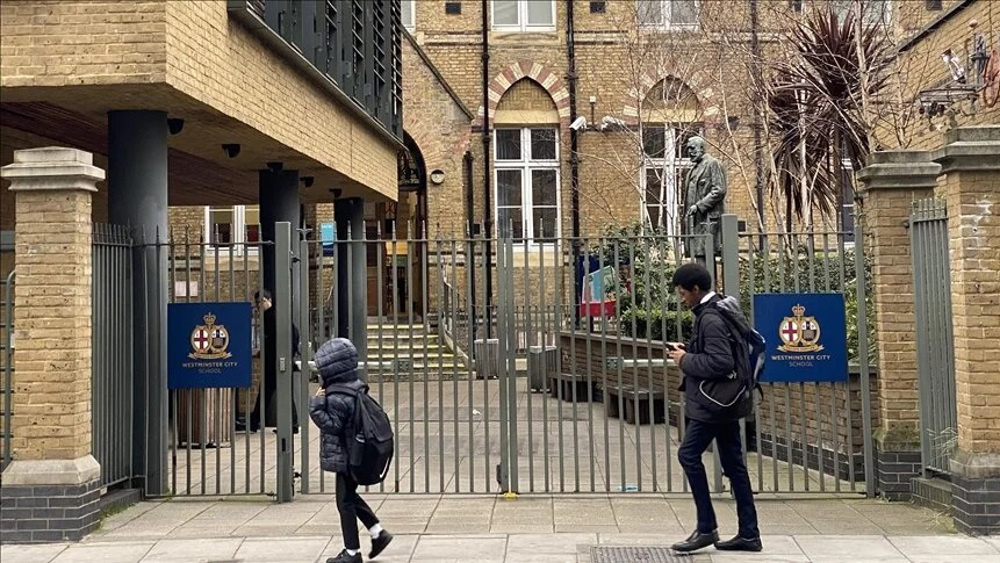20% of UK pupils lack basic skills in maths, science
Britain could add trillions of pounds to its economy annually if every student reached a basic level in maths and science, a new international report has revealed.
According to a report from the Organization for Economic Cooperation and Development (OECD), Around 20 per cent of 15-year-olds in the UK lack basic maths, science and reading skills. This puts the UK at 20th spot behind Poland, Slovenia and Vietnam when it comes to the average performance on international student achievement tests.
OECD researchers estimated that if all youngsters reach a basic skills level by 2030, UK economy would grow by an estimated 2.33 trillion pounds by 2095.
On a separate measure, the report also predicted that increasing the average achievement of current students by 25 points over the next 15 years could net the economy 5.6 trillion pounds extra.
The report also revealed that around 20 per cent of students in the UK are struggling with simple questions such as circling the correct answers when asked "what happens when muscles are exercised" or have difficulty doing basic currency conversions.

Andreas Schleicher, special adviser on education policy at the OECD, told the Telegraph that UK needs to improve its education system “quickly” if it wants to catch up with other European countries.
Schleicher suggested the UK should raise standards by adding coherence to the education system, addressing underperforming schools and put a lot of investment in the teaching profession.
Schleicher also said better education will translate into better economy in the long run.
“We can only grow ourselves out of bad economic conditions and, in the long run, that depends more than anything on equipping more people with better skills to collaborate, compete and connect in ways that drive our societies forward – and on using those skills productively”.
The study used data gathered from international tests taken by 15-year-olds around the world and examined the past relationship between improving skills and economic growth to quantify the possible economic impact of improving youngsters' skills.
Overall, UK students scored an average of 504 in international maths and science tests. This was behind 19 other nations, including Slovenia (507.6), Poland (521.7) Vietnam (519.9) and Estonia (531).
Singapore topped the list, with an average student performance of 562.5.
HH/PHX
Calls grow for probe into mass graves Israeli forces left in Gaza
VIDEO | From shadow to spotlight
Iran, Pakistan urge UNSC to hold Israel accountable for atrocities
VIDEO | Negotiations stalled
Israeli settlers – protected by military – intrude into Al-Aqsa Mosque
VIDEO | Smirking at lies
200 days of genocide: Palestinian resistance prevails over occupation
Ukraine launches drone strikes on Russia's energy sites









 This makes it easy to access the Press TV website
This makes it easy to access the Press TV website